Vincent Schiraldi’s appointment as Secretary of Maryland’s Department of Juvenile Services (DJS) has sparked intense backlash, as critics point to his controversial history in previous leadership roles. From New York City’s correctional system to Washington’s juvenile facilities, Schiraldi’s tenure has left behind a trail of red flags—many of which, observers say, were blatantly ignored during his vetting for the Maryland position.
Troubled Legacy in New York City
Benny Boscio, president of New York City’s Correctional Officers Union, didn’t mince words when describing Schiraldi’s time as NYC Correction Commissioner.
“Schiraldi was probably the worst commissioner we’ve had in my tenure,” Boscio said.
He claimed Schiraldi focused heavily on inmate comfort while neglecting staff safety and morale. “He came in here with the mindset of providing everything for the inmate population and not providing things that we needed,” Boscio added, painting a picture of a deeply divided corrections environment under Schiraldi’s leadership.
“A Lack of Vetting”
New York City Councilman Robert Holden echoed similar sentiments of disbelief and frustration. Referring to the Maryland appointment, Holden remarked:
“I can’t believe someone would hire this guy after what we’ve been through in NYC. It just shows you there was a lack of vetting this person.”
His concern centers around how decision-makers in Maryland seemed to disregard Schiraldi’s well-documented controversies, suggesting either political favoritism or a breakdown in the hiring process.
Security Breaches in Washington
Before his time in New York, Schiraldi led Washington D.C.’s juvenile corrections program—an era marked by unconventional and arguably reckless decisions.
In one striking case, Schiraldi brought unsecured teenage inmates to his home for cookouts as part of a rehabilitation initiative. The move backfired when one of the youths escaped, prompting public outrage and concern over the program’s lack of security protocols.
Retired U.S. Marshal Johnny Hughes condemned the practice:
“You can’t sit down with these juveniles and have cupcakes and crumpets.”
He suggested that while well-intentioned, Schiraldi’s approach ignored the hard realities of juvenile crime and corrections.
Community Voices Raise Alarm
Gail Avent, a community member and mother of an incarcerated youth, also raised concerns during Schiraldi’s leadership. She claimed her son had been involved in an inappropriate relationship with a guard, something Schiraldi initially denied.
“He said it’s not happening, we don’t do that. We don’t allow that… I said, ‘Well, it’s happening.’”
Avent’s frustration grew over time as she witnessed a pattern of denial and mismanagement. Her confidence in the system quickly eroded.
“As the times become more challenging, I began to see ‘they don’t know what they’re doing. They really don’t, they just selling pipe dreams,’” she said.
Calls for Accountability
Now in Maryland, Schiraldi’s appointment is facing renewed scrutiny. Lawmakers and community advocates are demanding to know why past performance was seemingly overlooked. With mounting concerns from former colleagues, corrections officers, elected officials, and citizens, critics say the state’s juvenile justice system may be at risk if urgent reforms are not implemented.
The central question remains: Why were the warning signs ignored? As Maryland faces growing pressure to reevaluate leadership in its juvenile services department, Schiraldi’s tenure is likely to stay in the spotlight—for all the wrong reasons.

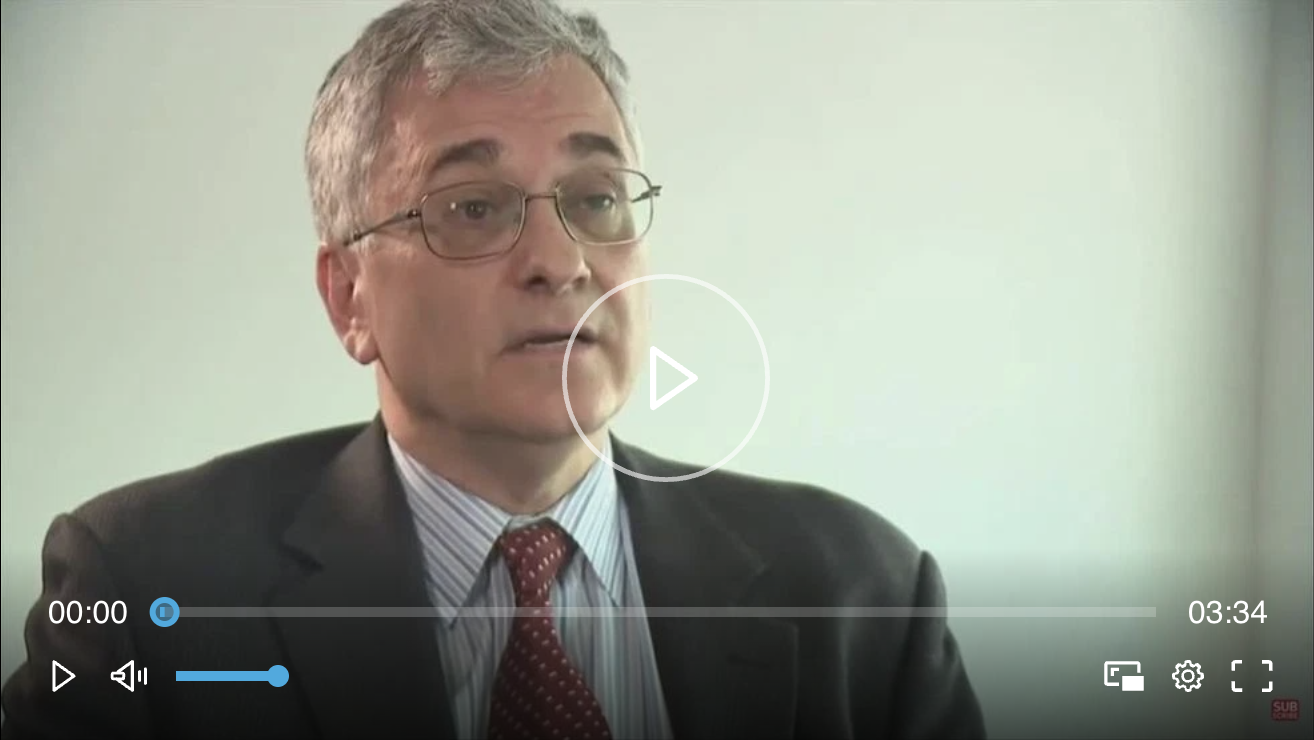
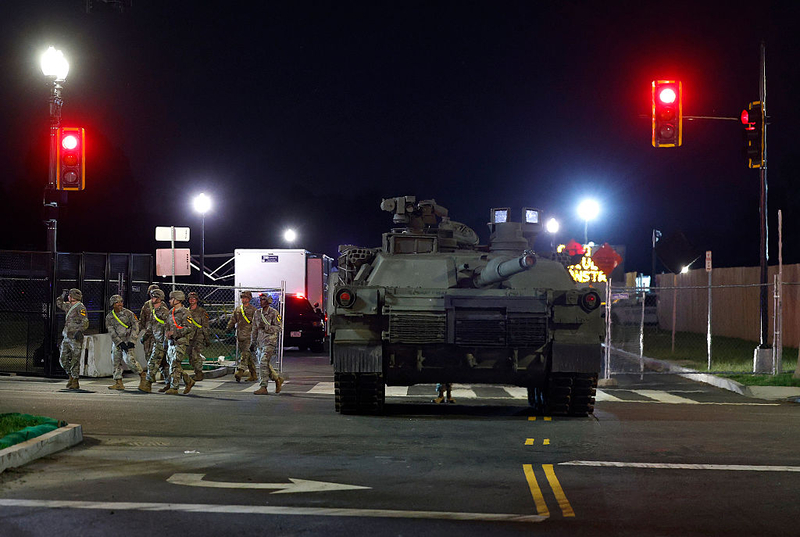

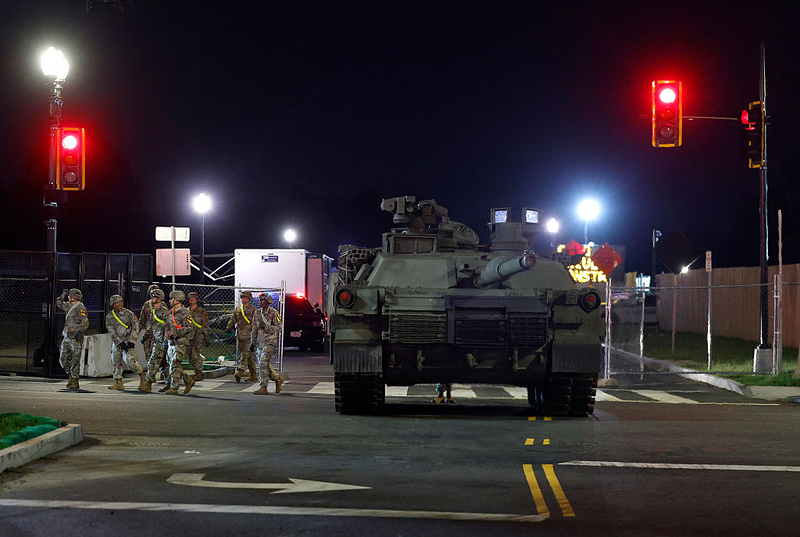
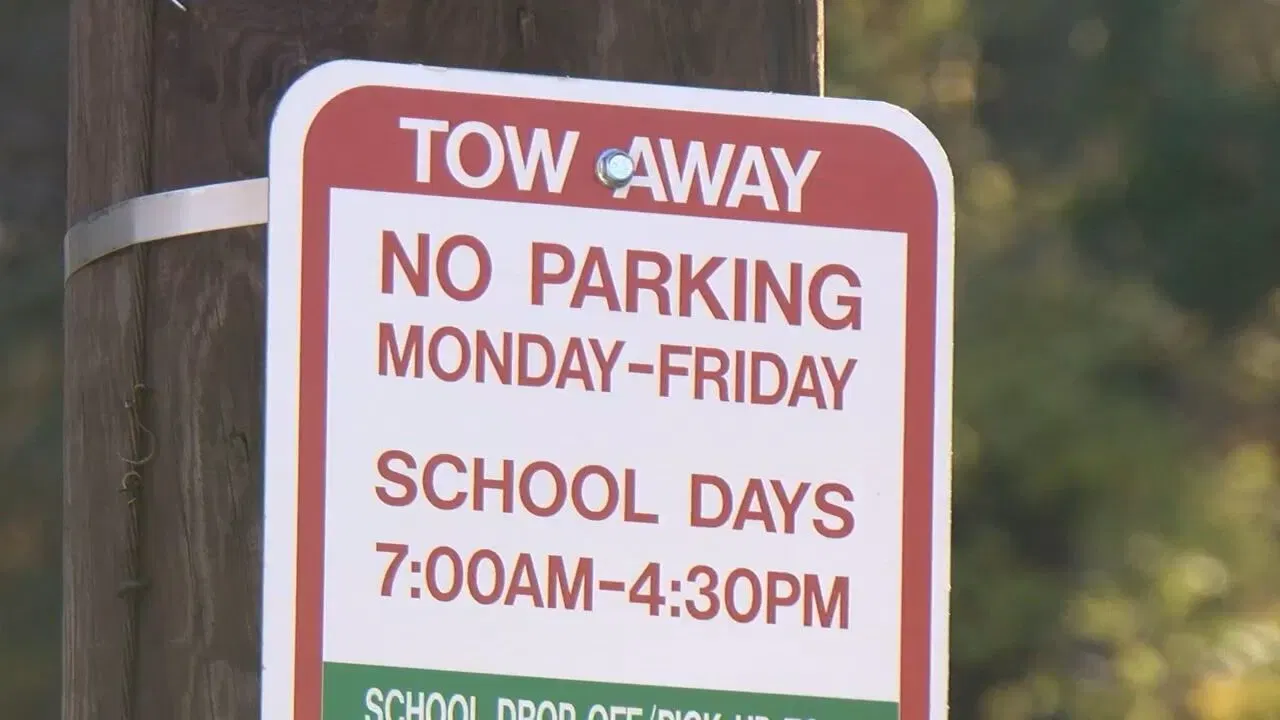



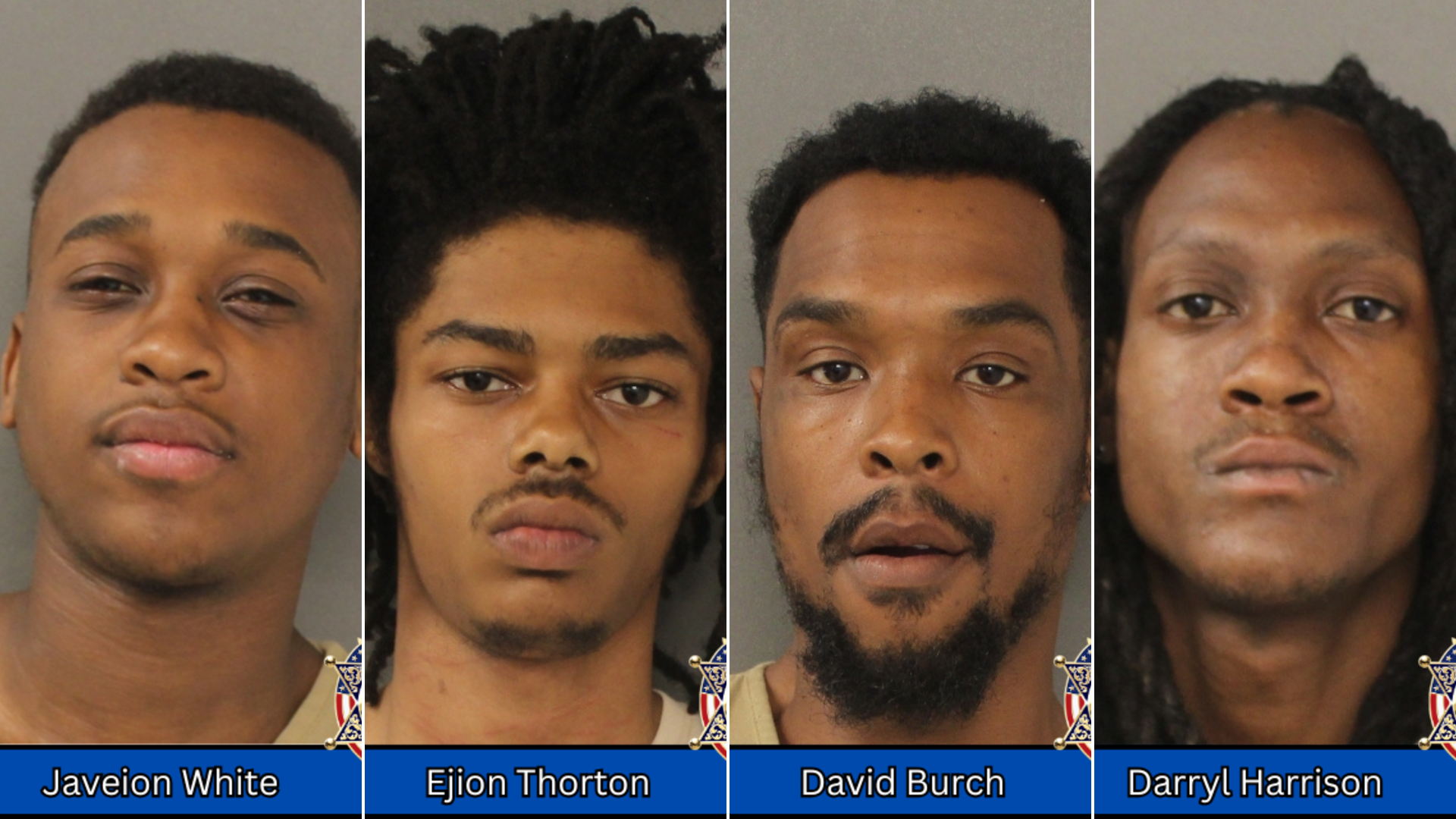




Leave a Reply